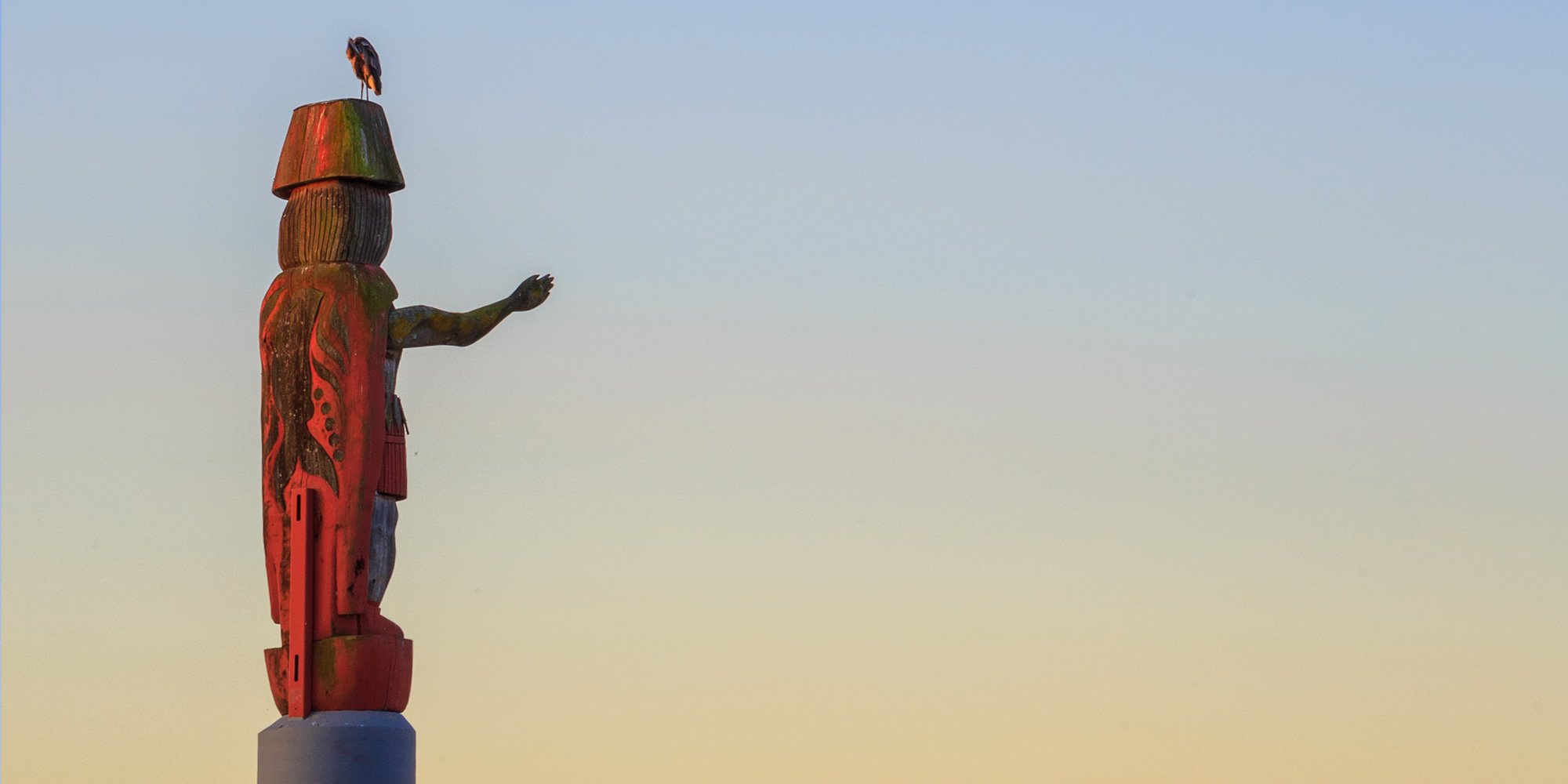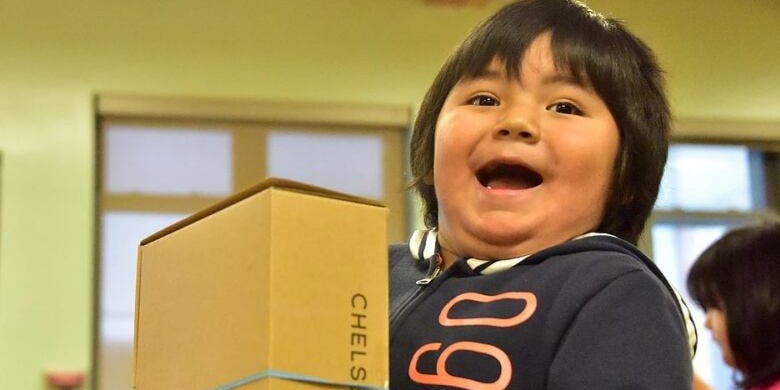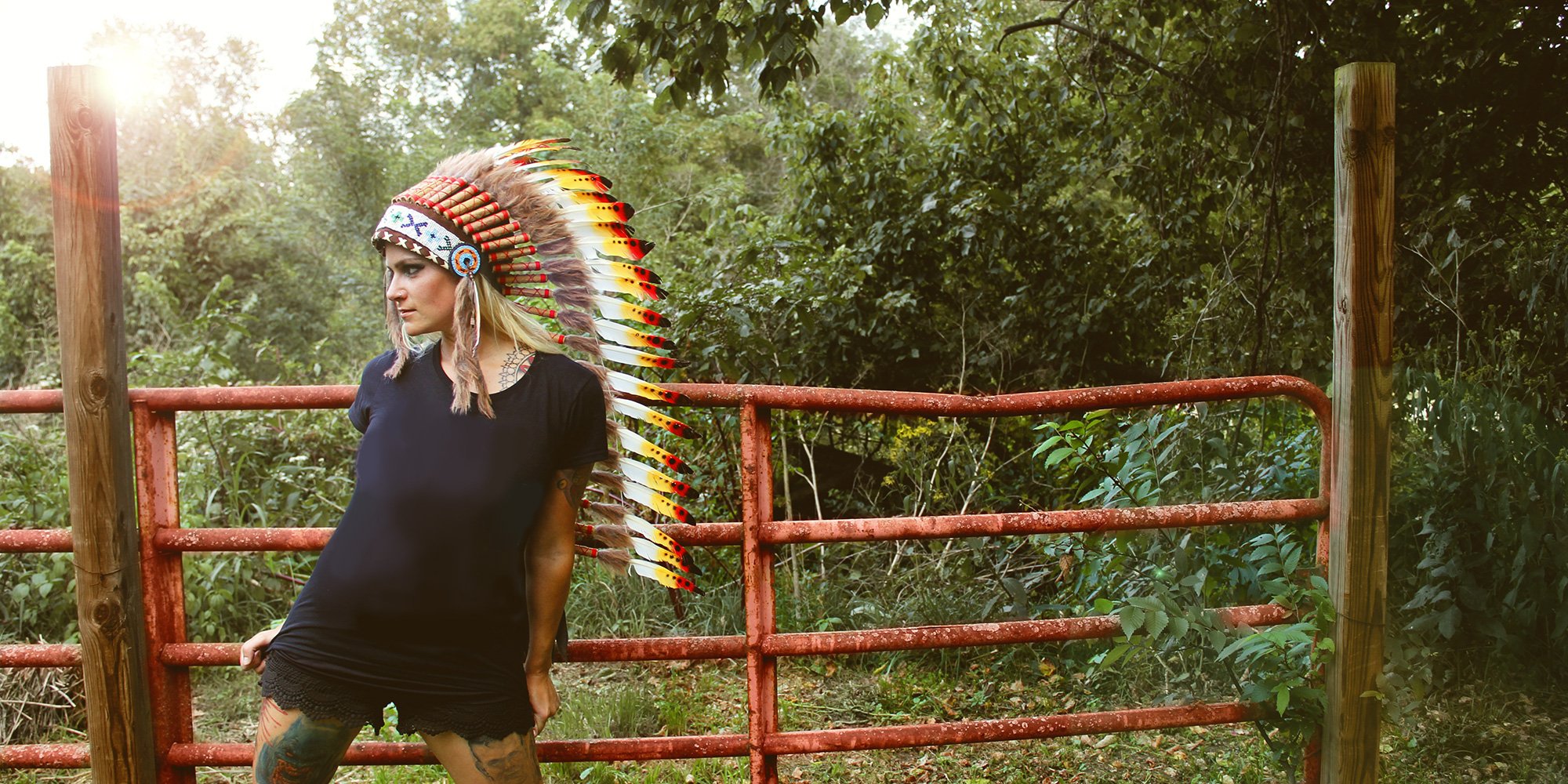Shoebox Campaign Is an Opportunity to Connect With Indigenous Students
Sometimes it’s the simplest gestures that have the greatest impact. The Shoebox Campaign is one such example. If you are unfamiliar with the...

To support the work of the Truth and Reconciliation Commission’s calls to action and in the spirit of Christmas, we have put together 12 suggestions for what individuals can do to contribute to reconciliation with Indigenous Peoples during this holiday season.
We suggest printing this article and posting it in your workplace to encourage others to participate in the 12 Days of Reconciliation With Indigenous Peoples. You can also share through your social media networks.
On the first day of Reconciliation make a commitment to read the Truth and Reconciliation Commission’s 94 recommendations.
On the second day of Reconciliation make a commitment to learning about the Indian Act and how its policies have contributed to the decline of culture, family units, and traditions, and stymied positive socio-economic conditions for Indigenous Peoples.
On the third day of Reconciliation make a commitment to learn about Indian residential schools.
On the fourth day of Reconciliation make a commitment to learn about the history and culture of the Indigenous Peoples in whose traditional or treaty territory you live.
On the fifth day of Reconciliation make a commitment to visit an art gallery that features Indigenous art.
On the sixth day of Reconciliation make a commitment to discover Indigenous authors, past and present.
On the seventh day of Reconciliation make a commitment to attend an Indigenous cultural event such as a pow-wow. June 21 is National Indigenous Peoples Day which means there are events all across the country.
On the eighth day of Reconciliation make a commitment to discourage uncivil dialogue regarding Indigenous Peoples... or any other group for that matter.
On the ninth day of Reconciliation make a commitment to only purchase authentic Indigenous art.
On the tenth day of Reconciliation make a commitment to never practice cultural misappropriation.
On the eleventh day of Reconciliation make a commitment to rid your vocabulary of offensive colloquialisms and terms that offend.
On the twelfth day of Reconciliation make a commitment to continuously expand your Indigenous Awareness.
Featured photo: Totem in Ambleside Park a gift from the Sḵwx̱wú7mesh Úxwumixw (Squamish) First Nation.

Sometimes it’s the simplest gestures that have the greatest impact. The Shoebox Campaign is one such example. If you are unfamiliar with the...

Randomly plucking “popularized” images of a marginalized culture for entertainment or profit without respect for or an understanding of the culture...

In 2015, when the Truth and Reconciliation Commission of Canada (TRC) released its six-volume report on residential schools it brought the details,...